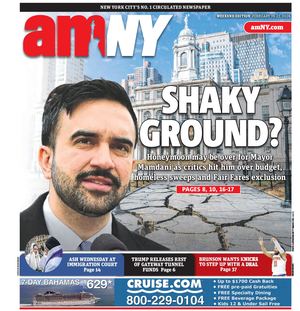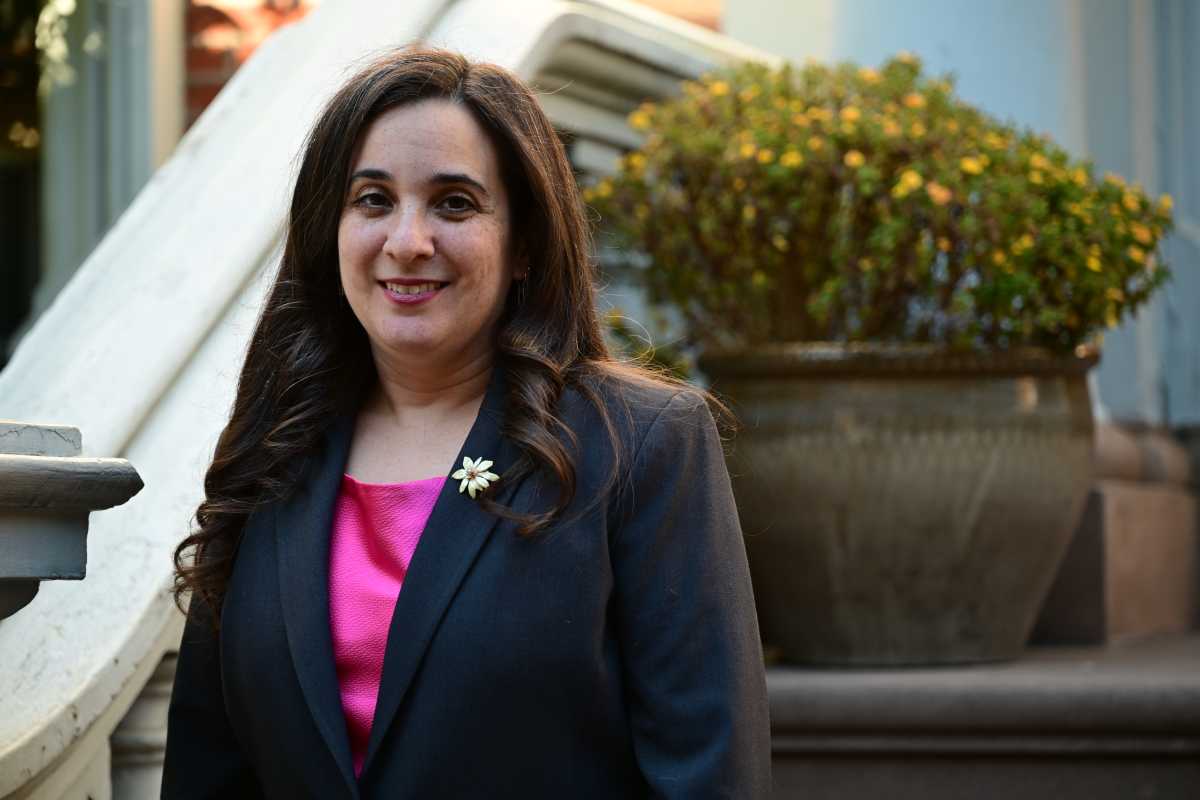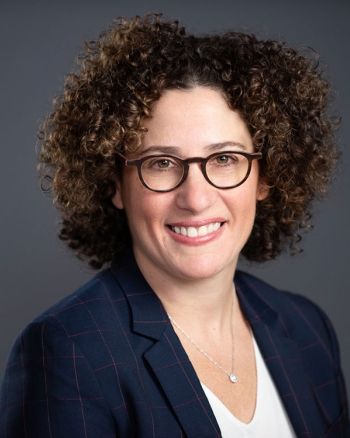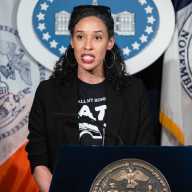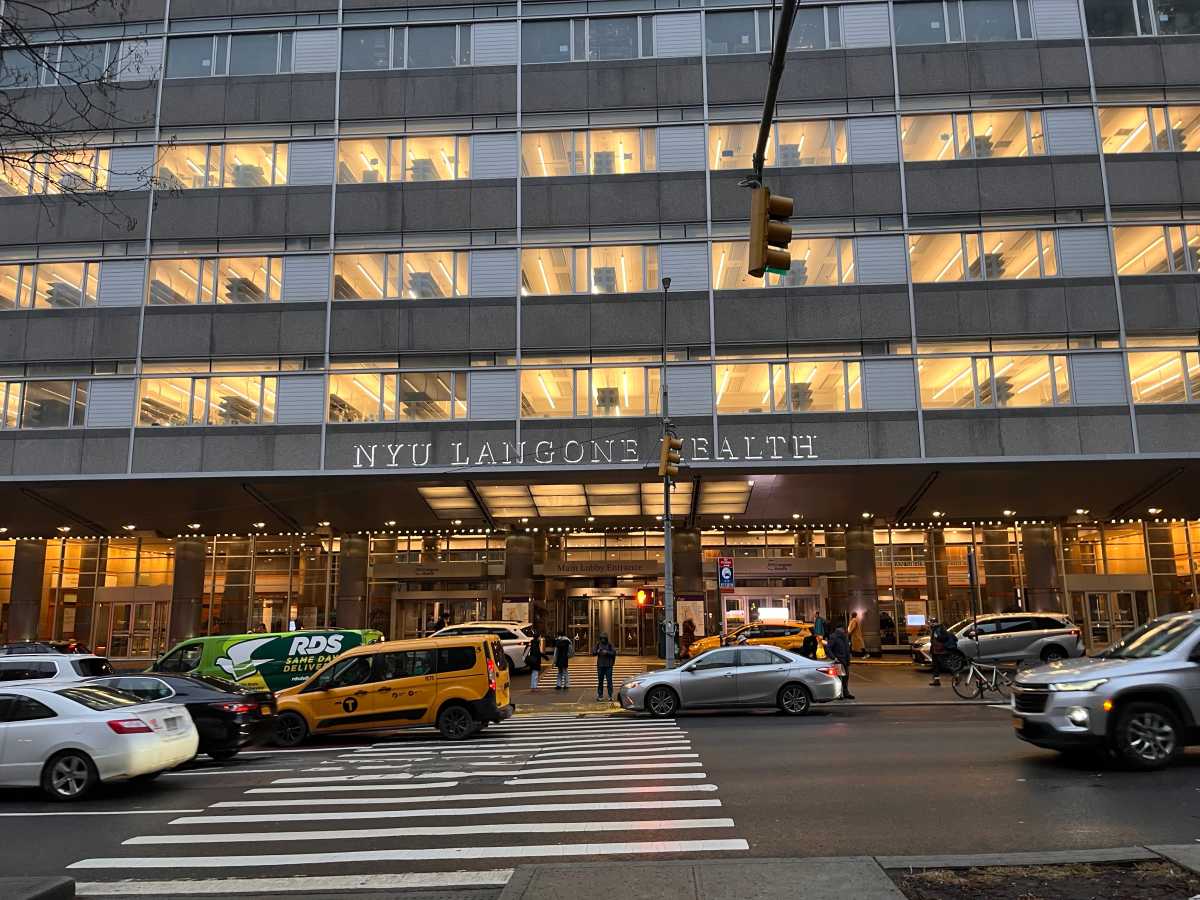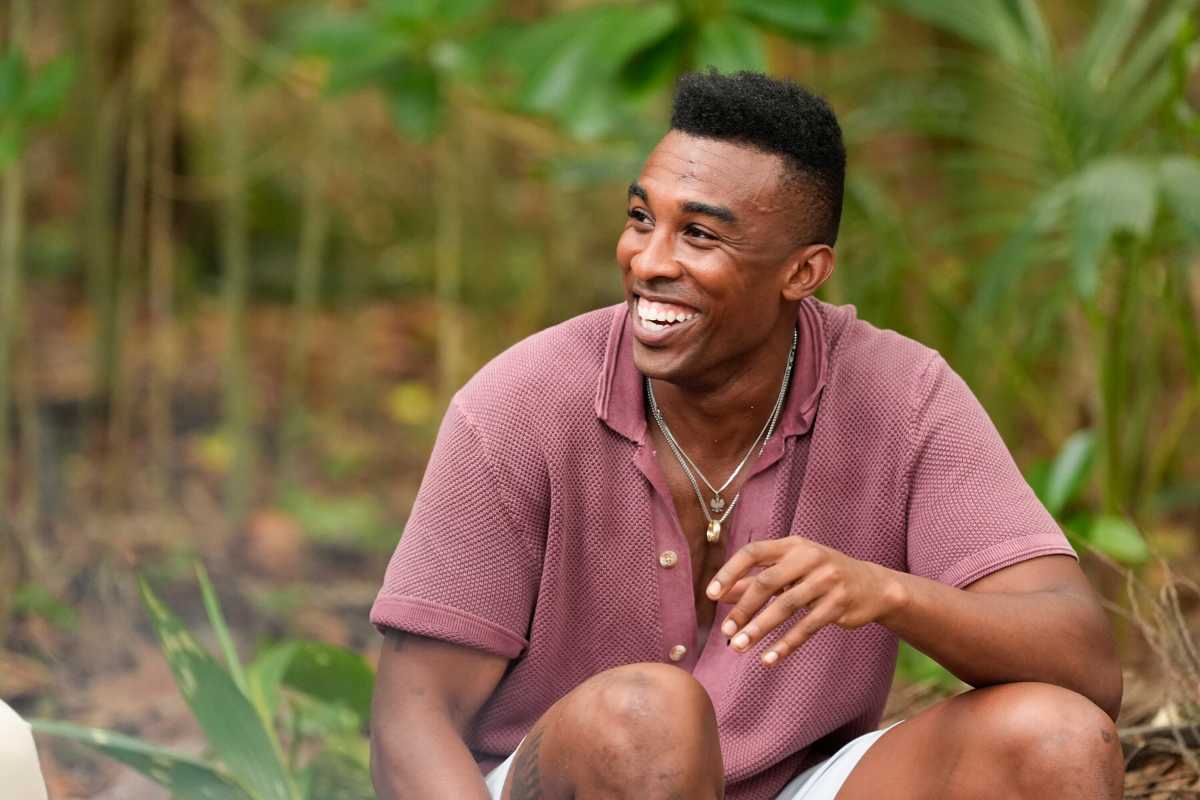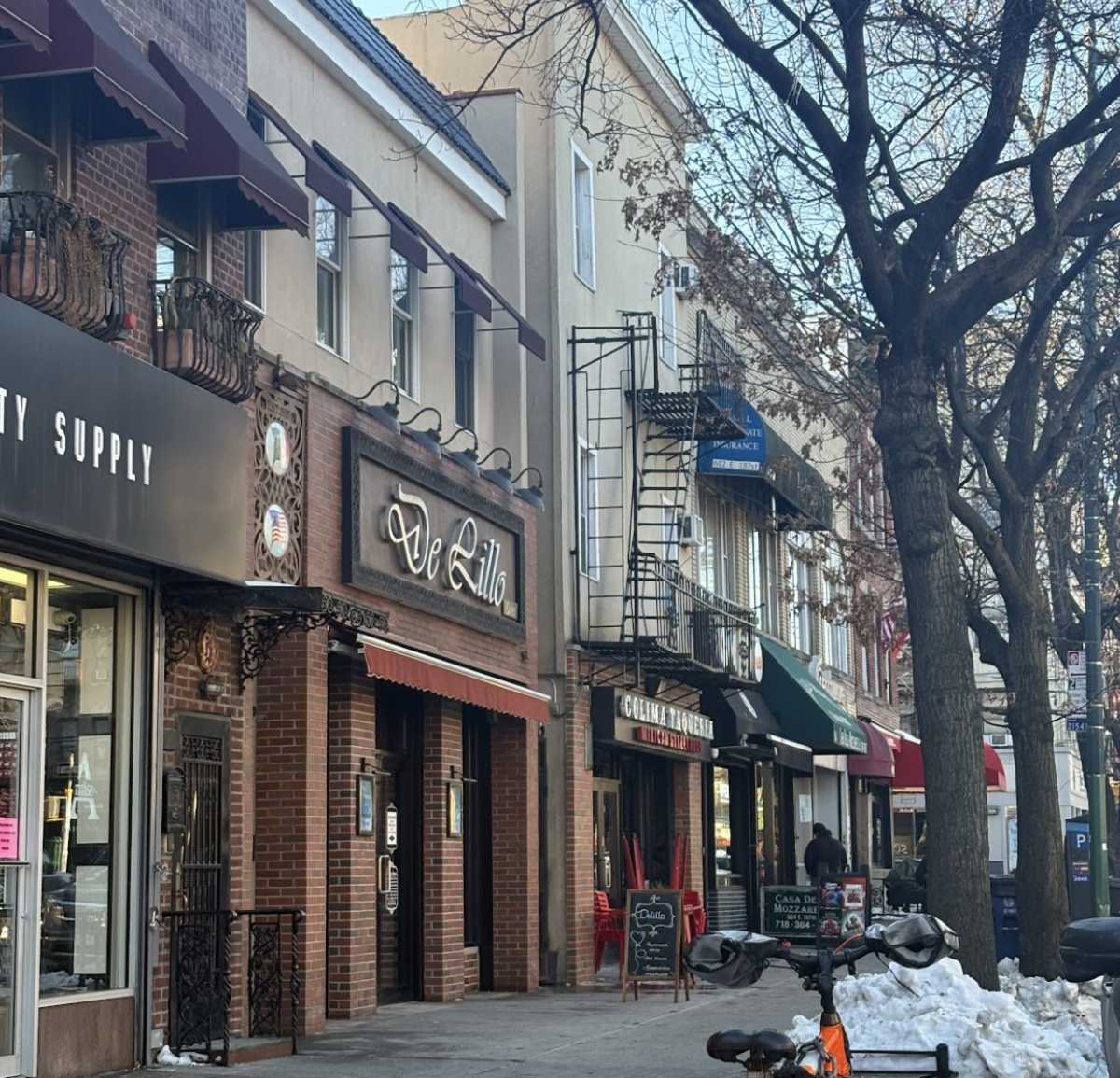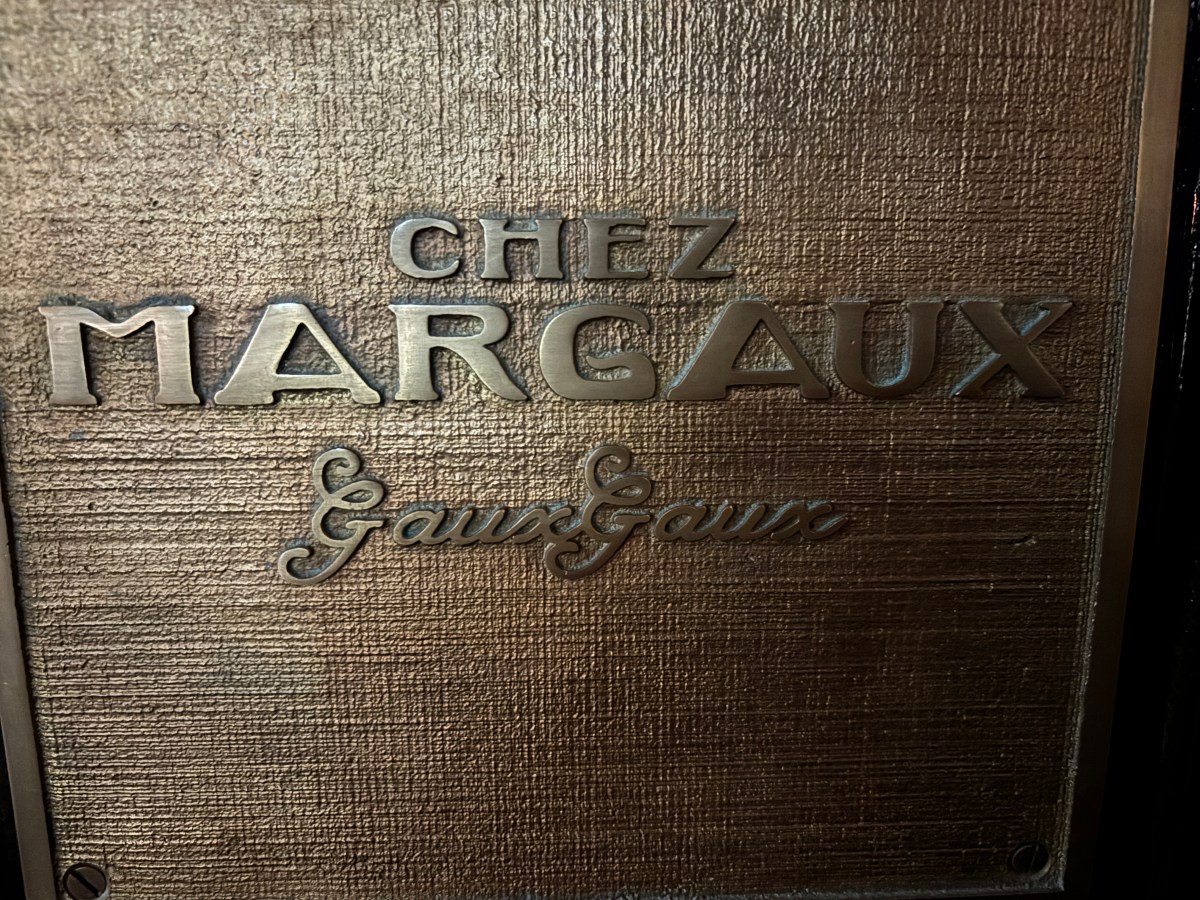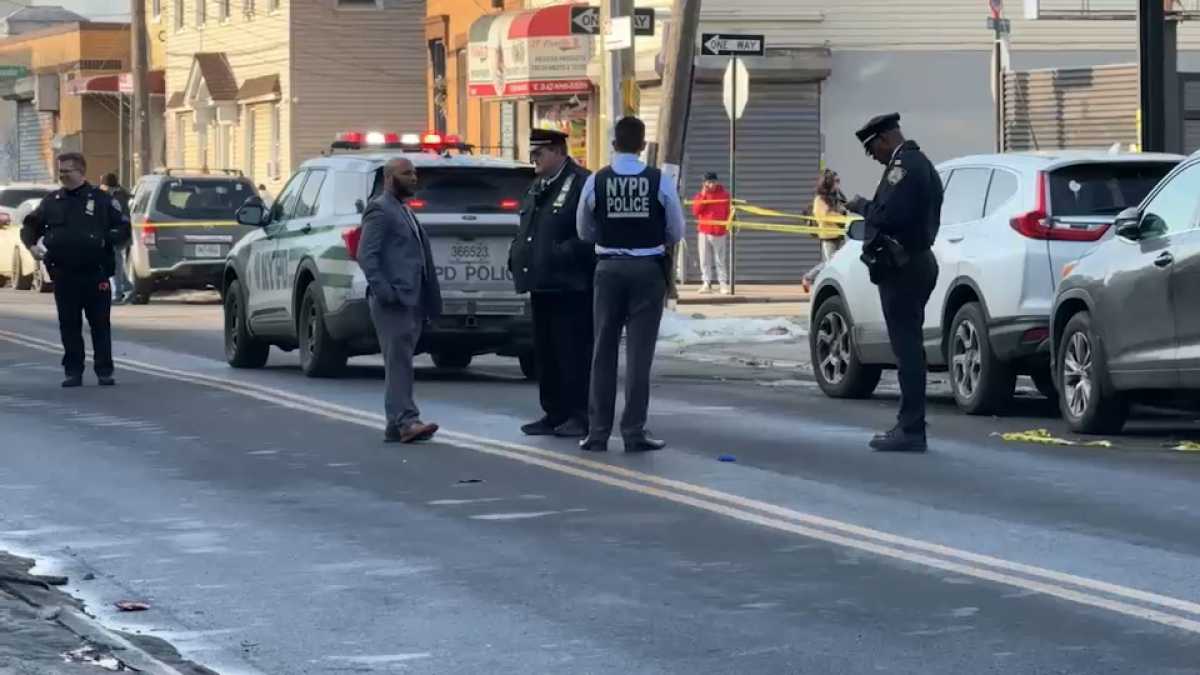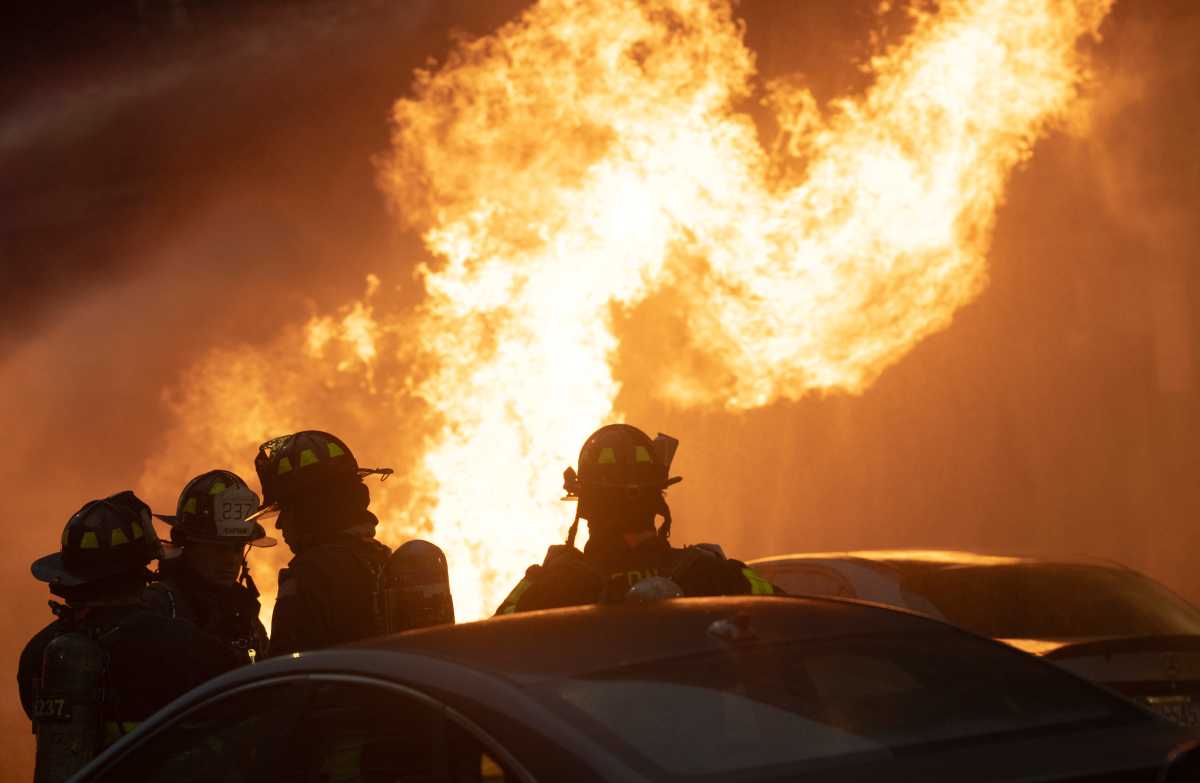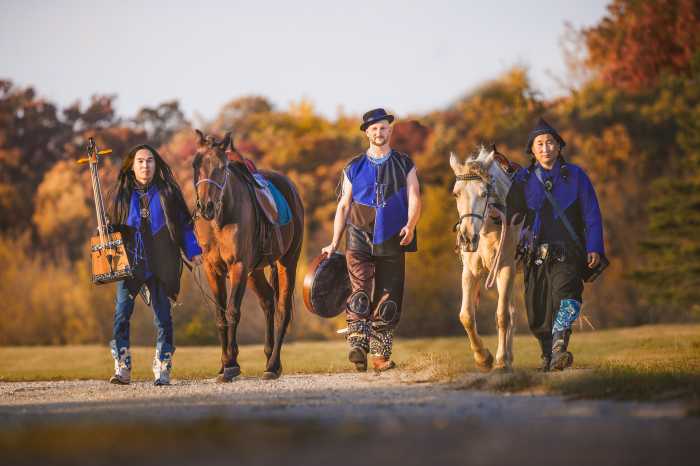After the United States Supreme Court codified gay marriage into law in 2015 with its landmark ruling in Obergefell v. Hodges, the Brooklyn Bar Association’s (BBA) new president Christina Golkin was “feeling galvanized.”
Golkin sought to join the bar’s LGBT committee, only to find that despite the borough’s reputation as a hub of queer culture, no such committee existed.
So Golkin, a gay woman, created the committee, thus beginning her involvement with the bar association that culminated in her taking the reins as its president this summer.
The lack of LGBT committee as late as 2015 is a marker of the bar association’s staid, and sometimes conservative reputation. Located in the dark-wood paneled board room of the BBA’s historic building, for example, is a plaque commemorating a 2016 visit from U.S. Supreme Court Justice Samuel Alito, a stalwart of the court’s conservative wing.
It’s a “vibe” Golkin, 41, hopes to change in the hopes of making a group of younger, more diverse lawyers feel at home.
“Frankly, this organization has always been a little bit older, a little bit more conservative, but that’s changing,” Golkin said. “And I’m seeing younger members come in and I’m seeing more diverse membership.”
While past presidents like former Brooklyn Democratic Party powerbroker Frank Seddio and Frank Carone, Mayor Eric Adams’ former chief of staff, represent the city’s moderate Democratic old guard, members say the bar’s culture has taken pains to remain apolitical and welcoming of diverse backgrounds and political beliefs.
“I’d say the boardroom, the Brooklyn Bar in general, and the boardroom in particular are remarkably politics-free zones,” said Michael Farkas, former president of the Kings County Criminal Bar Association
Golkin has taken over in an era when bar association membership is down nationally; and the Brooklyn Bar Association is “hurting” too. But she is also keenly aware of how the national political climate has turned bar associations into centers for resistance from the Trump administration’s efforts to curb the independence of the legal profession.
“I never thought before of joining a bar association and being a member of the legal community as an act of resistance,” Golkin said. “But it is now… it’s a sign that you still believe in the rule of law.”
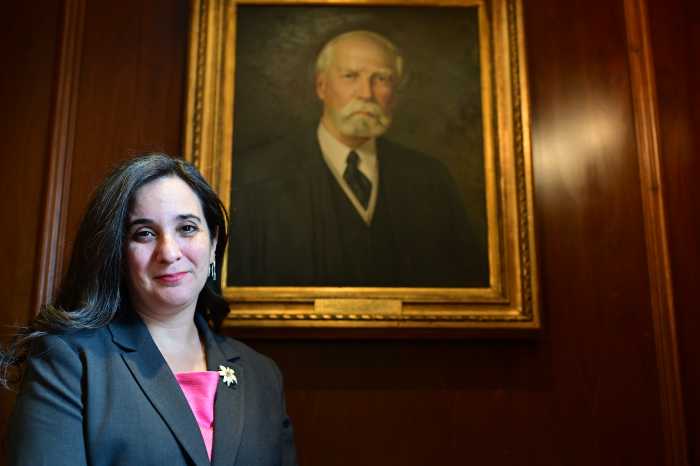
While a number of law firms have capitulated to Trump executive orders, bar association groups across the country have stood up against the administration and denounced its orders as a threat to the profession and the rule of law. Golkin is hoping that the pressure of the moment could change the image of bar associations in the eyes of young lawyers. But the jury is still out whether that reputation has caught on.
Golkin said that many of the mentees that she’s met through the association are “…inspired and they want to do good things in the world, and they want to fight back,” but she conceded that it may be a self-selective group of public interest law students who she’s grown close to.
“I’m hoping that I’ll tell them that this is a way to [fight for the rule of law], and then they’ll tell their friends and then their friends will tell their friends and then boom, we’ll have an explosion of young people,” she said.
On a broader level, Golkin’s mission for the BBA is a common one: to emphasize it as a home for the local legal community that is both relevant and committed to inclusion and justice. Regardless of who is running the executive branch, bar associations are a center for professional networking and community.
But for a younger generation that is more used to remote work, that outreach sometimes includes convincing them about the value of in-person meetings.
“Meeting people face to face — there’s incredible value there in terms of communicating, emotional intelligence and developing a professional persona,” Golkin said.
Coming from three generations of lawyers, Golkin said her career has revolved around carving out a path and style of practicing law that feels authentic within the “family business.” Growing up in Bay Ridge, Brooklyn, her grandfather practiced maritime law. Her father is a tax and family law attorney. When she was in college her father would bring her to bar association events, though it would be many years until she got involved on her terms.
“That’s where I learned how to work a room and learned how to make small talk,” Golkin said.
Her father also instilled in her the idea of law as a “helping profession,” where it’s important to approach clients with compassion and the understanding that “your problem is my problem.” With that ethos and an undergraduate in ecology, Golkin originally intended to practice environmental law after graduating from the Elisabeth Haub School of Law at Pace University’s prominent environmental program.
But the job market had other plans. She graduated into a recession in 2009, and considered herself lucky to get an offer from the Brooklyn District Attorney’s office in the domestic violence unit where she excelled at managing the trauma of witnesses and survivors.
In that job she had to find an approach that worked for her. Her time working in the criminal justice system made her question whether retribution-focused judgments are true justice or whether it’s merely a form of “march[ing] cases down a line.”
She found herself asking what the witness and victims wanted out of their cases, and asking for alternatives to prison sentences like restitution or community service in certain instances.
“You want to hold people accountable, and you want to try to fix parts of a harm that can be fixed,” Golkin said. “Some harms can never be fixed.”
Golkin went directly from the DA’s office to the New York City Department of Education, where she now works in special education managing a team of litigators.
“At the heart of your advocacy style, you have to be authentic,” she said. Finding a style of practicing law that fits your personality is an important part of entering into the field, she said. It’s also directly applicable to her role as BBA president, which involves helping people feel comfortable in a professional setting.
To help increase attendance, Golkin is focusing on varied, non-alcohol-centric programming to attract different age groups. In addition to new lawyers, she said that one group that is missing from the social fabric of the bar association are younger parents, like herself (Golkin has a six-year-old child). The association just held a family day at the New York Aquarium and a salsa dance lesson for Hispanic Heritage month. The organization will host a young lawyers event at a Brooklyn Nets game in December.
Her track record on bringing members together is strong. Farkas praised Golkin’s ability to “supercharge the LGBTQ+ committee and run events that made it among our more active committees, gaining a lot of visibility for those efforts.”
To boost student involvement, she’s trying to broadcast the role of committees for networking and mentorship. Popular committees at the bar include trust and estates, family law and the active civil rights committee. As the “lifeblood of the organization,” committees offer students an opportunity to take a leadership role early in their career.
“We could use students to sort of help work with coordination and outreach and like topic development and material drafting,” she said.
As for the future of the BBA’s role in the realm of contemporary politics, it’s a little murky. The association has traditionally been apolitical with the goal of remaining a “home for everybody.” That being said, Golkin’s predecessor and the board’s first Black president, Anthony W. Vaughn, Jr., did issue a statement rebuking President Trump’s January executive order targeting diversity, equity and inclusion programs. But that’s the closest the club has come to engaging in political events of the day, said Farkas.
Decisions to broadcast such statements and sign onto positions on legal issues or legislation requires a full-board vote, which makes it complicated.
“You’re always sort of skirting the line as to whether or not, we’re taking the stance on something that is truly a legal issue or does this have broader political implications that could make certain people in our community feel unwelcome,” Golkin said.
The way Golkin talks about the bar is as a home — a place where all members feel welcome. And in perpetuating this notion, she is trying to open up more opportunities for diverse leadership.
“I don’t want people to be off put that we’re still having firsts… ,” said Golkin, “but I think the important thing is the bar values these firsts. We’re trying to make all of our positions accessible for anybody who wants them.”
